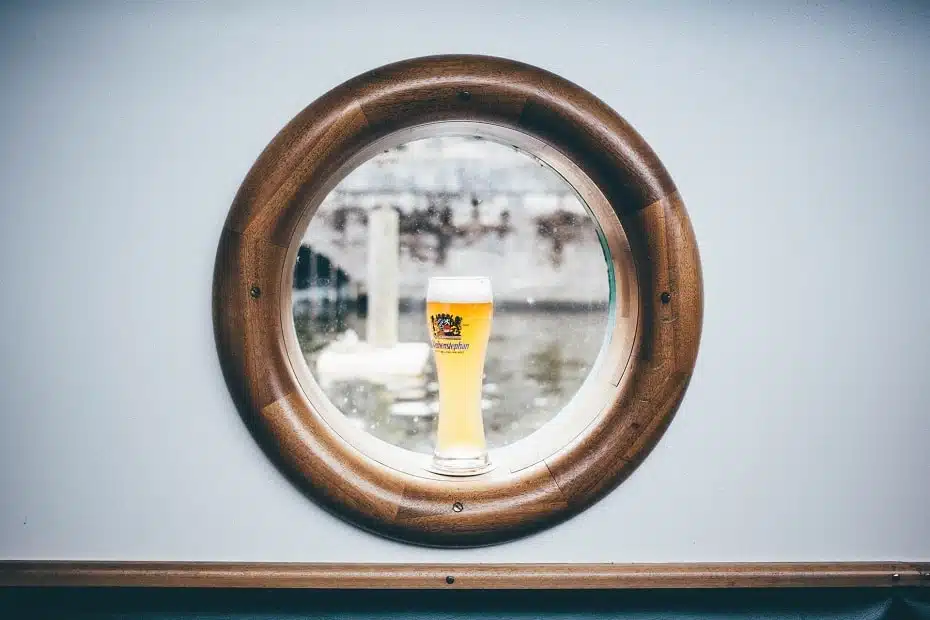
Can You Drink Alcohol on a Boat in Ohio? Ohio Boating Laws Alcohol
What Are the Rules for Alcohol Consumption on the Boat in Ohio?
Every law regarding alcohol use on land applies to alcohol use on the lakes and rivers of Ohio. In a sentence: Individuals older than 21 can drink on the water, but they cannot take the wheel while legally drunk.
In a paragraph: Boat operators can face charges for boating while intoxicated (BWI). Boat passengers can be arrested for underage drinking. Any person aboard a boat or riding a personal watercraft can be charged with public intoxication and disorderly conduct. Serving people younger than 21 on the water can bring alcohol-related charges, as can using a boat to illegally transport alcohol into Ohio from a neighboring state or Canada. Because some Ohio waterways are under federal jurisdiction, including Lake Erie and parts of the Ohio River, some alcohol-related cases are heard in U.S. federal courts.
Boating While Intoxicated Is the Principal Concern
Few people are likely to face any one of the charges summarized above under any circumstances, but law enforcement officials do take BWI very seriously. Especially on major holidays and all through the summer, boaters can expect to see local and state police, as well as Ohio Department of Natural Resources officers and Coast Guardsmen, on docks and afloat looking out for drunk boaters.
Law enforcement officials usually need a reason to stop boaters for suspicion of BWI. Such reasons include responding to a crash, witnessing a person drinking while steering, and seeing negligent or reckless actions such as speeding, ignoring channel markers, or cutting off other watercraft. Signs of alcohol impairment noticed during a general boat safety check are a legal gray area.
Officers who suspect BWI can administer field sobriety tests, but doing so is not required to make an arrest.
The same legal limits for blood alcohol concentration (BAC) are enforced for boat operators as for drivers—.08 for adults over 21 and .02 for others. Many of the same penalties can be assessed, as well. This means that an adult found guilty for the first time of driving a boat or personal watercraft while under the influence of alcohol can be sentenced to 180 days in jail, assessed a $1000 fine, and ordered to complete a boating safety course before being allowed to operate a watercraft again. As with DUI penalties, potential BWI penalties become more severe with multiple convictions.
Commercial boaters found operating craft while intoxicated can lose their license, and officers can impound a boat or personal watercraft for safety purposes after making a BWI arrest. Getting a boating license and a watercraft returned require going through special hearings that a knowledgeable Columbus DUI defense attorney can help with.
If you are facing boating while intoxicated charges in Columbus, OH, let The Maher Law Firm know how we can be of service. We offer no-cost case consultations, and we handle all kinds of alcohol cases. Call us at (614) 205-2208 or contact us online.
RECENT POSTS
-
What is Improperly Handling Firearms in a Motor Vehicle in Ohio?
07 Mar 2025
-
What is the Difference Between OVI and DUI in Ohio?
05 Mar 2025
-
What Happens When You File a Police Report on Someone For Harassment
11 Dec 2024
-
How to Move for Dismissal for OVI in Ohio
28 Oct 2024
-
Ohio Fraud Laws: Fraud Charges and Their Penalties in Ohio
12 Sep 2024
-
Can Dismissed OVI Be Expunged in Ohio?
02 Sep 2024
BLOG CATEGORIES
-
Traffic
126 Posts
-
Weapons
3 Posts
-
Drugs
22 Posts
-
DUI
195 Posts
-
Current Events
1 Posts
-
Expungements
2 Posts
-
News
18 Posts
-
Criminal Defense
45 Posts


